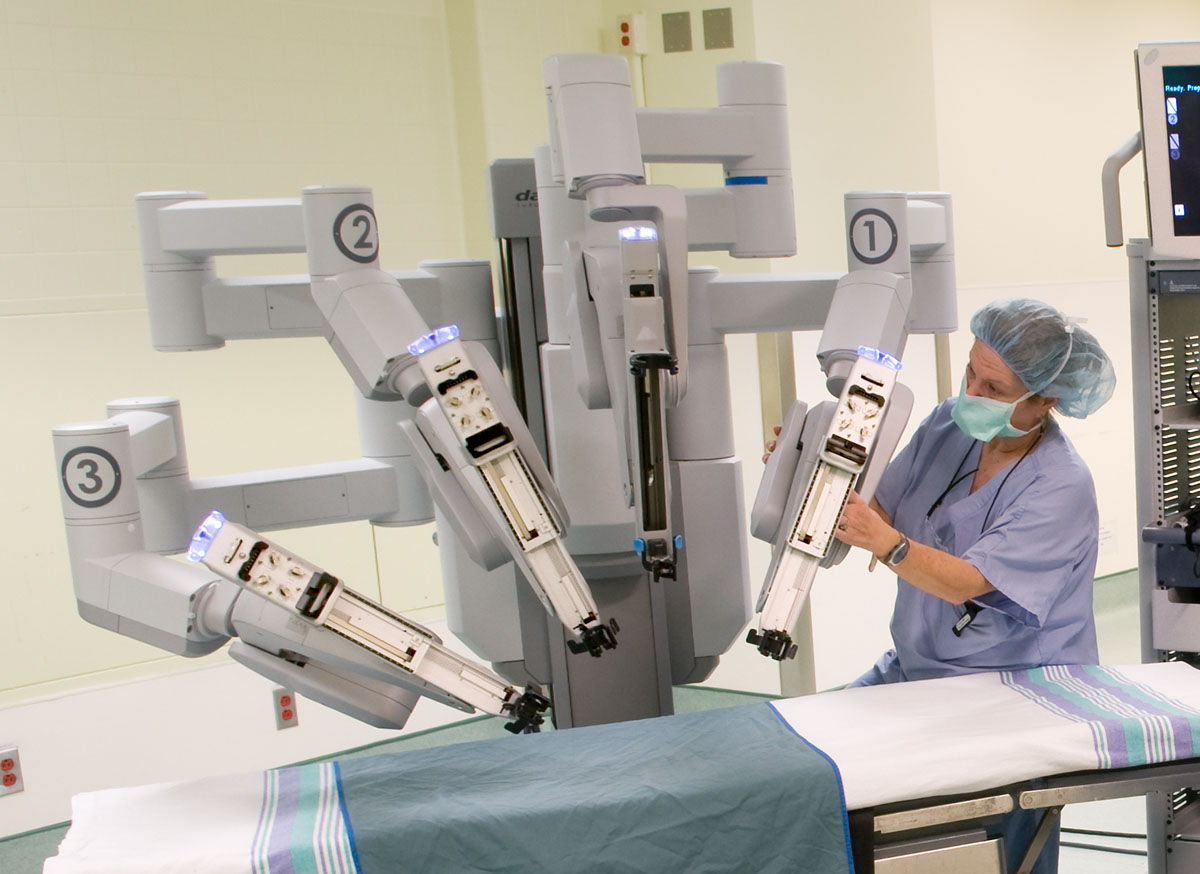
According to a recent study by researchers at the JGH’s Lady Davis Institute for Medical Research in Montreal, robot-assisted surgery dramatically improves outcomes in patients with uterine, endometrial, and cervical cancer. Moreover, because of fewer post-operative complications and shorter hospital stays, robotic procedures also cost less.
The results were published in late 2010 in a series of studies in The Journal of Robotic Surgery and The International Journal of Gynecological Cancer.
“Patient quality of life is dramatically improved, their hospital stays are much shorter and they use far less narcotic pain medication,” said Dr. Walter H. Gotlieb, Head of Gynecologic Oncology at the JGH Segal Cancer Centre, of robotic surgery.
In a robot-assisted operating room, the physician sits at a computer console and manipulates multiple robot arms, rather than working directly on the patient. The technology was developed to overcome the limitations of minimally invasive surgery, including such notoriously difficult procedures as laparoscopy for cancer.

According to a recent study by researchers at the JGH’s Lady Davis Institute for Medical Research in Montreal, robot-assisted surgery dramatically improves outcomes in patients with uterine, endometrial, and cervical cancer. Moreover, because of fewer post-operative complications and shorter hospital stays, robotic procedures also cost less.
The results were published in late 2010 in a series of studies in The Journal of Robotic Surgery and The International Journal of Gynecological Cancer.
“Patient quality of life is dramatically improved, their hospital stays are much shorter and they use far less narcotic pain medication,” said Dr. Walter H. Gotlieb, Head of Gynecologic Oncology at the JGH Segal Cancer Centre, of robotic surgery.
In a robot-assisted operating room, the physician sits at a computer console and manipulates multiple robot arms, rather than working directly on the patient. The technology was developed to overcome the limitations of minimally invasive surgery, including such notoriously difficult procedures as laparoscopy for cancer.
